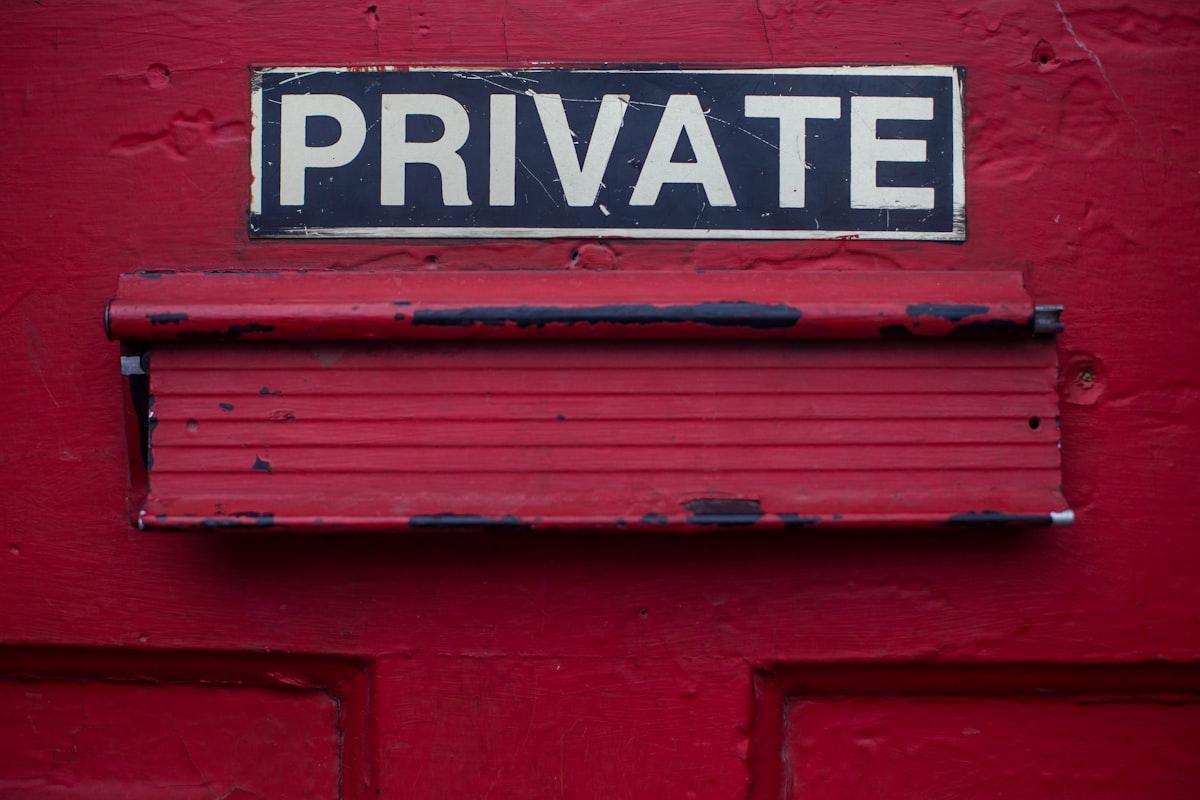Why Developers Need A VPN
A VPN is mainly used for security, but it should also be easy to use. Here's what you need to know to get started.

Quantifying the value of adding a VPN for an extra layer of security for developers can often be underestimated, however, considering the Zero Trust model, developer advocates recommend the use of a VPN—serving a call to action for decision makers to shift from speculation to implementation.
A recent survey among IT decision-makers reveals a troubling frequency of unauthorized users exploiting software security vulnerabilities. Tech giants Apple[1] and Google[2] have both disclosed vulnerabilities within their operating systems—a common practice in the industry. Red Hat, an IBM subsidiary specializing in enterprise open-source software, also disclosed a system vulnerability with information to exercise transparency and increase security awareness.
Nothing is entirely secure on the web, but everything that is secure is due to following the best security practices. Preventing security incidents, therefore, starts at the beginning of the software development process, with the source code itself. Writing secure code, code obfuscation, and following best deployment practices can be highly effective ways to ensure data protection. However, these still are not enough as the threat landscape continues to evolve and developers have been aggressively targeted by cyber criminals in recent years.
Why Developers Need a VPN to Prevent Attacks

A VPN is mainly used for security, but it should also be easy to use. Furthermore, in the AI-driven world where supply chain attacks, DDoS, Insider Threats, and Man-in-the-Middle (MitM) Attacks are increasingly common, the need for a secure coding environment is now no longer an option. Here's what you need to know to get started.
Good Connection Speed
When developers encrypt their traffic and route it through a secure tunnel, there is an inevitable impact on both upload and download speeds. The extent of this impact depends on factors such as the proximity between the user and the server, the number of concurrent users, the underlying bandwidth, and the quality of the hardware.
A fast VPN means you can use it all day, every day without experiencing usual VPN problems like bad streaming quality or slow internet speeds. With the torrent of technological advancements in cloud computing and distributed private networking it is worth noting that some VPN service providers offer high speeds, with some consistently delivering high rates across servers while others do not.
Privacy Policies and Features
When you use a VPN, all your online activities go through it, so how the VPN company manages this data is very important. Many VPN companies say they don't keep any records of your activity.
But, "no logs" doesn't always mean they keep no records at all. Sometimes, VPN companies might keep some records to make sure you're not using more devices or data than you're allowed to. Usually, these records are deleted regularly, often within a day or after a certain number of connections.
Open-source enthusiasts who advocate for a no-logs policy often consider Firefox, a browser that respects user privacy and does not track or sell user data. And there are a plethora of VPN extensions available to encrypt the browser session. We would be remiss not to highlight the one we recommend—VeePN for Firefox. This service is also available on app stores for both mobile and desktop, boasting over 2500 servers.
Secure Remote Work
Developers who work from different places around the world depend on internet networks to do their jobs. It's very important to make sure that data and information is safely sent and received over these networks. VPNs, or Virtual Private Networks, are becoming increasingly important for developers.
The Internet Service Providers (ISPs), play a crucial role in this process as they provide the internet connection required for these operations. This is because connecting to the internet remotely can be risky, but VPNs make it safer.
Geolocation Cross-browser Testing
Secure cross-browser testing can sometimes be resource-intensive; however, it is imperative. This is exceedingly important for developers to consider. The website or web app may appear and work differently through different countries and continents and sometimes even on different browsers.
This process helps developers/designers in creating user-friendly web experiences that cater to a global audience. This is where a reliable VPN comes to rescue geolocation testing and cross browser testing! It allows a private network to grow through a public one.
Another common testing approach involves conducting speed tests on different browsers to validate the proper loading loading of assets in different browsers and geo-locations.
VeePN also offers a free VPN on Edge to help developers test their website stored on the local servers before they make it available to the public!
Encrypting Browsing Data
When developers work online and browse the web, they have genuine concerns about malware, user tracking systems, and other potential risks due to a growing number of cyber attacks. By using a dependable VPN service, they add an extra layer of security to protect their computer data.
With a VPN, developers can safeguard their systems from any harmful activity while benefiting from a safe and secure browsing experience.
Gives Access To Restricted Content
When creating websites and apps, thorough research is crucial to ensure originality. It's beneficial to create diverse websites for your clients. Developers often seek inspiration from various sources, even beyond their local area, to discover fresh ideas that haven't been implemented locally.
This is a common practice that gives developers a competitive edge. However, accessing websites from other regions can be challenging as some are restricted to users from specific locations. A VPN can help in such situations, but it's important to consider the rules and terms of service of other companies to avoid potential issues.
Final Thoughts
Using a VPN may be a piece of cake; however, for developers, a VPN can help establish a secure shell connection to safeguard data and perform testing through local hosting. A good VPN service will always provide the flexibility to securely test your code for cross-browser testing and cross-platform compatibility, even before it is deployed in the production environment.
If you like this article, we have a few practical suggestions for you. One VeePN and another is an article about the Best VPN by Reddit users.



